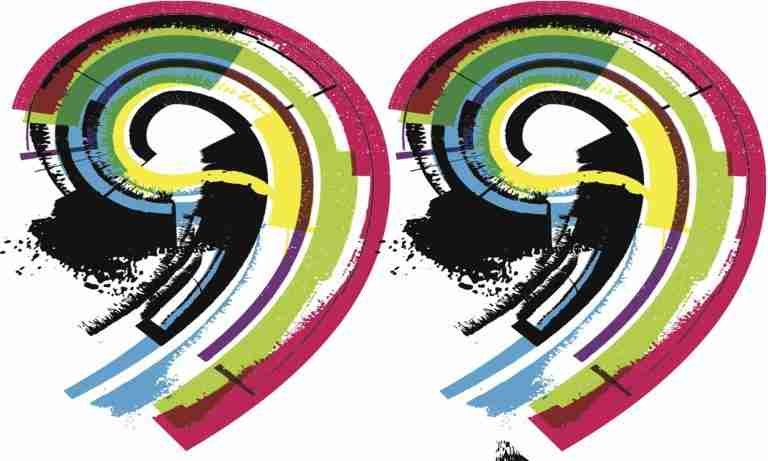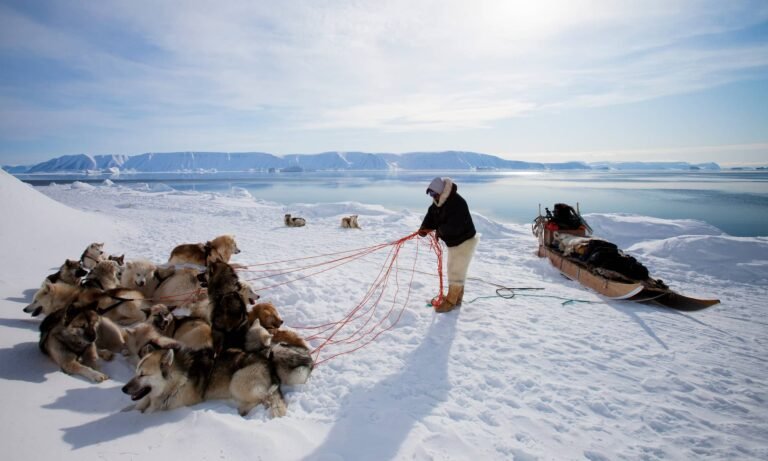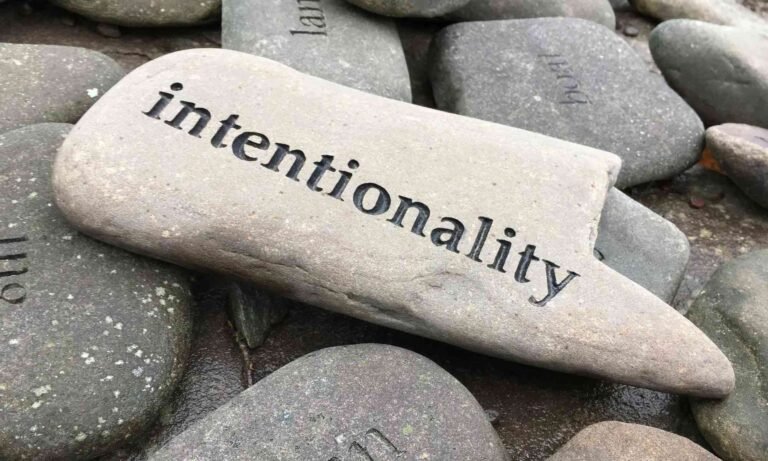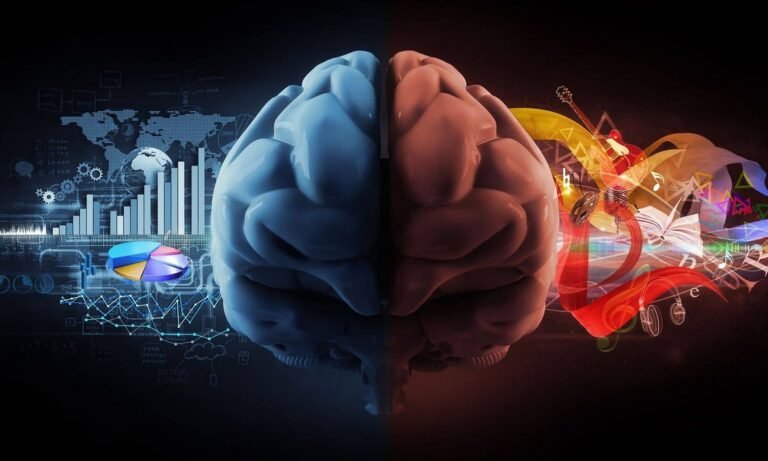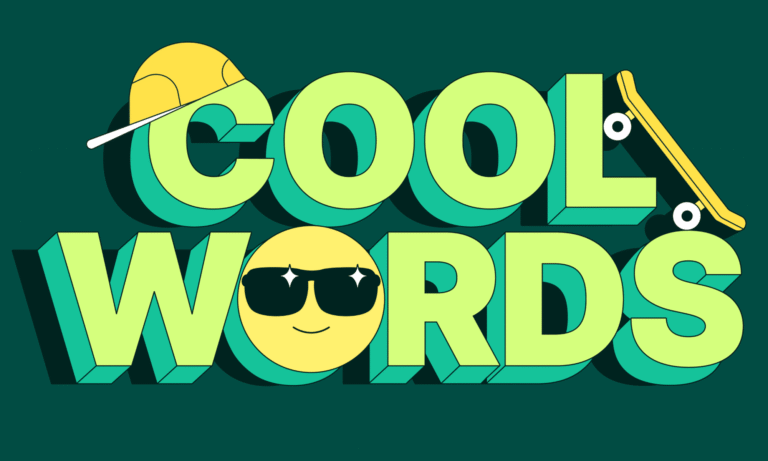An inquisitive alien visits the planet to check on our progress as a species, and gets into a conversation with the first person he meets. The alien discovers that we live under the rule of a thing called “government” and wants to understand more about what “government” is, what it does and why it exists.
A Brief History
Aristotle (384 – 322 BC) was a Greek philosopher, logician, and scientist. Along with his teacher Plato (428/427 or 424/423 – 348/347 BC), Aristotle is generally regarded as one of the most influential ancient thinkers in a number of philosophical fields, including political theory.
Aristotle drew a sharper distinction between morality and politics than Plato. Although a good citizen is a good person, on Aristotle’s view, the good person can be good even independently of the society. A good citizen, however, can exist only as a part of the social structure itself, so the state is in some sense prior to the citizen.
Depending upon the number of people involved in governing and the focus of their interests, Aristotle distinguished six kinds of social structure in three pairs:
- A state with only one ruler is either a Monarchy or a Tyrrany
- A state with several rulers is either an Aristocracy or an Oligarchy
- A state in which all rule is either a Polity or a Democracy
In each pair, the first sort of state is one in which the rulers are concerned with the good of the state, while those of the second sort are those in which the rulers serve their own private interests.
Although he believed monarchy to be the best possible state in principle, Aristotle recognized that in practice it is liable to degenerate into the worst possible state, a tyrrany. He therefore recommended the formation of polity, or constitutional government, since its degenerate form is the least harmful of the bad kinds of government.
Forms of Government
Parody songs have become a fascinating way to express ideas and critiques about political structures in an entertaining manner.
One notable example is the parody song ‘Forms of Government,’ which is cleverly written to the tune of ‘Counting Stars’ by OneRepublic. This parody effectively resonates with listeners while delivering a message about the different types of governance.
The Lyrics
People rule in a Democracy
Express their voices in the process of voting
There are 2 forms of Monarchies
When it is absolute king holds authority
King holds authority
I see there’s 4 forms that we will see
Places govern differently
I studied all the different plans
Leaders lead their citizens
Democracy
People hold authority
They vote for representatives
To speak for them in congress
I know there are many kinds and forms of government
I know I can explain the main four
We see around the world
These are the forms, are the forms
Are the forms of government
People rule in a Democracy
Express their voices in the process of voting
There are 2 forms of Monarchies
When it is absolute king holds authority
Don’t forget about Theocracy
Religious leaders, they control everything
There’s one left it’s a Dictatorship
Where just one leader has no checks or balances
No checks or balances
Then there’s the Monarchy
Ruled by a king or queen
Constitutional in best
Restrict the power less and less
When it’s absolute, authority is brute
The leader has total control
People do what they are told
I know there are many kinds and forms of government
I know I can explain the main four
We see around the world
These are the forms, are the forms
Are the forms of government
People rule in a Democracy
Express their voices in the process of voting
There are 2 forms of Monarchies
When it is absolute king holds authority
Don’t forget about Theocracy
Religious leaders, they control everything
There’s one left it’s a Dictatorship
Where just one leader has no checks or balances
No checks or balances
When there’s a dictator
People don’t have any real power
When there’s a dictator
People don’t have any real power
When there’s a dictator
People don’t have any real power
When there’s a dictator
People don’t have any real power
When there’s a dictator
People don’t have any real power
These are the 4 main forms of government
People rule in a Democracy
Express their voices in the process of voting
There are 2 forms of Monarchies
When it is absolute king holds authority
Don’t forget about Theocracy
Religious leaders, they control everything
There’s one left it’s a Dictatorship
Where just one leader has no checks or balances
No checks or balances
These are the 4 main forms of government
The parody takes the catchy melody of ‘Counting Stars’ and repurposes it to discuss various governmental systems, such as democracy, monarchy and theocracy / dictatorship. The juxtaposition of the serious subject matter with a light-hearted tune creates a humorous yet impactful commentary. By using familiar pop culture elements, the song engages audiences and makes complex topics more accessible.
- Democracy: The Power of the People -> In a democracy, power resides with the people. Citizens participate in decision-making through voting and free expression. This system promotes accountability and transparency, ensuring that leaders remain responsive to the needs of the populace. Democracies can be direct, where citizens vote on issues directly, or representative, where they elect officials to make decisions on their behalf.
- Monarchy: Leadership through Royal Lineage -> A monarchy is a form of government where a single ruler, typically a king or queen, holds significant power, often justified by divine right or tradition. Monarchies can be absolute, where the monarch has entire control, or constitutional, where their powers are limited by laws and a constitution. While modern constitutional monarchies (like the UK) share some democratic traits, absolute monarchies retain considerable authority over their subjects.
- Theocracy and Dictatorship: Alternate Forms of Rule -> Theocracy is another unique system where religious leaders govern the state, and laws are heavily influenced or derived from religious doctrines. This can lead to rigid societal structures and limited personal freedoms. Contrastingly, a dictatorship centralizes power in the hands of a single leader or small group. Often maintained through force, dictatorships lack the freedoms inherent in democratic systems, leading to oppressive regimes.
Since its release, ‘Forms of Government’ has captured the attention of many listeners who appreciate the blend of education and entertainment. The clever wordplay and rhythmic structure not only entertain but also provoke thoughtful discussions about the effectiveness of different governmental forms. Adapting popular songs into parodies serves an important role in modern sociopolitical commentary, demonstrating that music can transcend entertainment to become a medium for dialogue.
Government By These Attributes
In the real world, forms of government are distinguished by power structure, power source, and ideology. The structure refers to the government’s organizational framework, detailing how power is distributed and exercised. The power source indicates where authority originates, such as from the people, a ruling elite, or a monarch. Ideology involves the principles and beliefs guiding governance, shaping policies and the state’s development.
- Government by power structure
- Government by power source
- Government by ideology
Read More
Government by power structure
Unitary State: A unitary state is a state governed as a single power in which the central government is ultimately supreme and any administrative divisions (sub-national units) exercise only the powers that the central government chooses to delegate. The majority of states in the world have a unitary system of government. Of the 193 UN member states, 165 are governed as unitary states.
Federation: A federation (also known as a federal state) is a political entity characterized by a union of partially self-governing states or regions under a central (federal) government. In a federation, the self-governing status of the component states, as well as the division of power between them and the central government, is typically constitutionally entrenched and may not be altered by a unilateral decision of either party, the states or the federal political body. Alternatively, federation is a form of government in which sovereign power is formally divided between a central authority and a number of constituent regions so that each region retains some degree of control over its internal affairs.
Confederation: A confederation (also known as a confederacy or league) is a union of sovereign states, united for purposes of common action often in relation to other states. Usually created by a treaty, confederations of states tend to be established for dealing with critical issues, such as defense, foreign relations, internal trade or currency, with the general government being required to provide support for all its members. Confederalism represents a main form of inter-governmentalism, this being defined as ‘any form of interaction between states which takes place on the basis of sovereign independence or government.
Anarchy: A society without a publicly enforced government or political authority. Sometimes said to be non-governance; it is a structure which strives for non-hierarchical, voluntary associations among agents. Anarchy is a situation where there is no state. This can be a natural, temporary result of civil war in a country, when an established state has been destroyed and the region is in a transitional period without definitive leadership. Alternatively, it has been presented as a viable long term choice by individuals known as anarchists who oppose the state and other forms of coercive hierarchies. These individuals typically think people should organize in non-hierarchical, voluntary associations where people voluntarily help each other. There are a variety of forms of anarchy that attempt to avoid the use of coercion, violence, force and authority, while still producing a productive and desirable society.
Government by power source
Democracy: Democracy, meaning “rule of the people”, is a system of government in which the citizens exercise power directly or elect representatives from among themselves to form a governing body, such as a parliament. Democracy is sometimes referred to as “rule of the majority”. Democracy is a system of processing conflicts in which outcomes depend on what participants do, but no single force controls what occurs and its outcomes.
Oligarchy: Oligarchy, meaning “rule of the few”, is a form of power structure in which power rests with a small number of people. These people might be distinguished by nobility, wealth, family ties, education or corporate, religious or military control. Such states are often controlled by families who typically pass their influence from one generation to the next, but inheritance is not a necessary condition for the application of this term.
Autocracy: Autocracy is a system of government in which supreme power (social and political) is concentrated in the hands of one person or polity, whose decisions are subject to neither external legal restraints nor regularized mechanisms of popular control (except perhaps for the implicit threat of a coup d’état or mass insurrection). Absolute monarchy and dictatorships are the main modern day forms of autocracy.
Government by ideology
Monarchy: A monarchy is a form of government in which a group, generally a family representing a dynasty, embodies the country’s national identity and its head, the monarch, exercises the role of sovereignty. The actual power of the monarch may vary from purely symbolic (crowned republic), to partial and restricted (constitutional monarchy), to completely autocratic (absolute monarchy). Traditionally the monarch’s post is inherited and lasts until death or abdication. In contrast, elective monarchies require the monarch to be elected. Both types have further variations as there are widely divergent structures and traditions defining monarchy. For example, in some elected monarchies only pedigrees are taken into account for eligibility of the next ruler, whereas many hereditary monarchies impose requirements regarding the religion, age, gender, mental capacity, etc. Occasionally this might create a situation of rival claimants whose legitimacy is subject to effective election. There have been cases where the term of a monarch’s reign is either fixed in years or continues until certain goals are achieved: an invasion being repulsed, for instance.
Republic: A republic is a form of government in which the country is considered a “public matter”, not the private concern or property of the rulers. The primary positions of power within a republic are not inherited, but are attained through elections expressing the consent of the governed. Such leadership positions are therefore expected to fairly represent the citizen body. It is a form of government under which the head of state is not a monarch. In American English, the definition of a republic can also refer specifically to a government in which elected individuals represent the citizen body, known elsewhere as a representative democracy (a democratic republic) and exercise power according to the rule of law (a constitutional republic).
Government By Other Attributes
There are Governemnt formed by other attributes such as Socio-Economics, Geo-Culture or with an approach to Regional Autonomy.
Then, there are those with theoretical and speculative attributes which currently have no citable real-world examples outside of fiction. Examples are Corporate Republic, Cyberocracy, Uniocracy (by Machines or by Humans) and last but not least the Magocracy (rule by a government with the highest and main authority being either a magician, sage, sorcerer, wizard, witch, or some other magic user).
Functions of Government
The functions of government are essential for the organization and regulation of society. These functions ensure that the needs and rights of citizens are met, while maintaining order and security. Understanding these functions can help individuals recognize the role of government in their lives and the society as a whole.

- Provision of Public Services -> They range from education and healthcare to infrastructure and social welfare programs. These services are designed to enhance the quality of life for citizens and ensure equitable access to necessary resources. By offering public assistance and welfare programs, the government can support vulnerable populations, helping to reduce poverty and promote social cohesion.
- Maintenance of Authority -> One of the principal functions of government is to remain in power. Governments do not relinquish their authority unless compelled to do so. Many of the actions of politicians and civil servants can be explained by the need to maintain and enhance their power.
- Create laws that govern the behavior of individuals and organizations -> The legislative body, often made up of elected representatives, drafts and passes laws that reflect the will of the people. This system is vital for ensuring justice, as law enforcement agencies are tasked with upholding these laws and maintaining public order. Without effective legislation and law enforcement, society could descend into chaos.
- Inevitable Internationalization -> In modern times, national governments have become increasingly involved with one another in supranational systems. The League of Nations, established in 1920, grew to include more than 90 members. It collapsed in World War II but was succeeded by the United Nations (UN).
What’s More
The posts in My Blog feature reflective, story-driven pieces rooted in personal and societal insights.
The topics in My Interests explore abstract, philosophical ideas and their cultural and societal impact.
👁️ 6,434 Views




